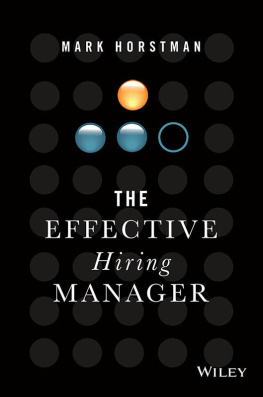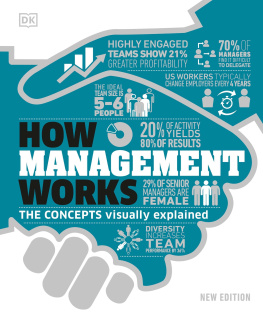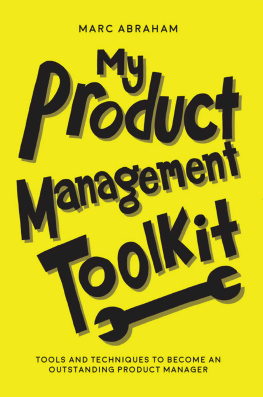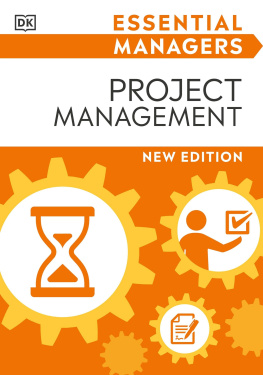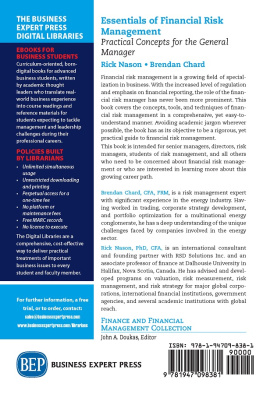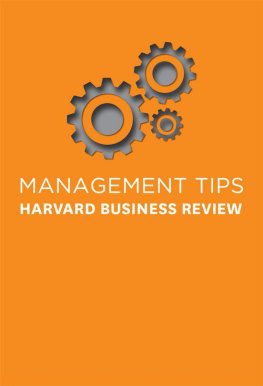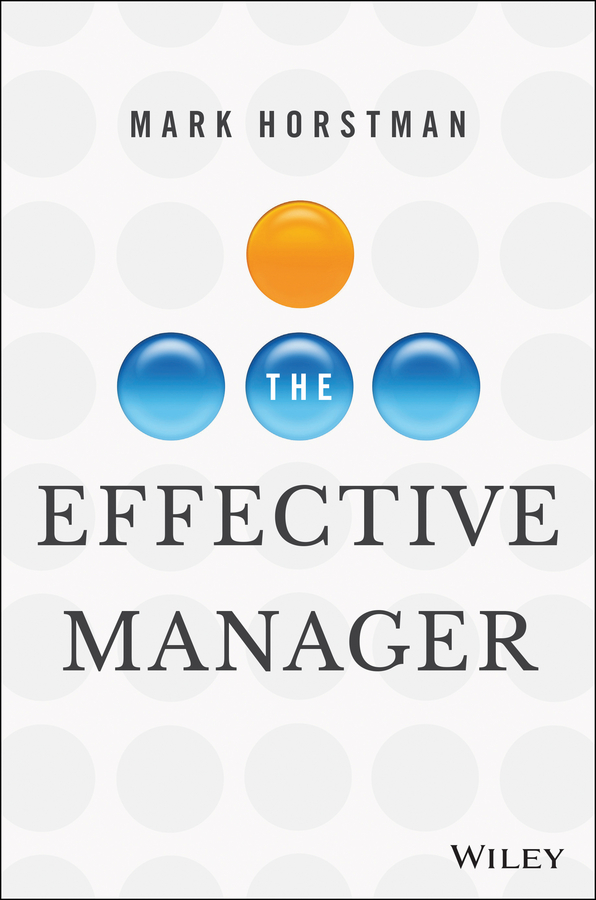
Cover image: LPETTET/ iStock.com
Cover design: Wiley
Copyright 2016 by Manager Tools Publishing, LLC. All rights reserved.
Published by John Wiley & Sons, Inc., Hoboken, New Jersey.
Published simultaneously in Canada.
No part of this publication may be reproduced, stored in a retrieval system, or transmitted in any form or by any means, electronic, mechanical, photocopying, recording, scanning, or otherwise, except as permitted under Section 107 or 108 of the 1976 United States Copyright Act, without either the prior written permission of the Publisher, or authorization through payment of the appropriate per-copy fee to the Copyright Clearance Center, Inc., 222 Rosewood Drive, Danvers, MA 01923, (978) 750-8400, fax (978) 750-4470, or on the web at www.copyright.com. Requests to the Publisher for permission should be addressed to the Permissions Department, John Wiley & Sons, Inc., 111 River Street, Hoboken, NJ 07030, (201) 748-6011, fax (201) 748-6008, or online at http://www.wiley.com/go/permissions.
Limit of Liability/Disclaimer of Warranty: While the publisher and author have used their best efforts in preparing this book, they make no representations or warranties with respect to the accuracy or completeness of the contents of this book and specifically disclaim any implied warranties of merchantability or fitness for a particular purpose. No warranty may be created or extended by sales representatives or written sales materials. The advice and strategies contained herein may not be suitable for your situation. You should consult with a professional where appropriate. Neither the publisher nor author shall be liable for any loss of profit or any other commercial damages, including but not limited to special, incidental, consequential, or other damages.
For general information on our other products and services or for technical support, please contact our Customer Care Department within the United States at (800) 762-2974, outside the United States at (317) 572-3993 or fax (317) 572-4002.
Wiley also publishes its books in a variety of electronic formats. Some content that appears in print may not be available in electronic books. For more information about Wiley products, visit our web site at www.wiley.com.
ISBN 978-1-119-24460-8 (cloth); ISBN 978-1-119-28611-0 (ePDF); ISBN 978-1-119-28612-7 (ePub)
Dedication
This is what I tell my friends
Dedicated to my wife Rhonda and our wonderful children:
Kate, Travis, Ashley, Courtney, Drake, Christopher, and Jaggars
On behalf of Mike Auzenne, my Manager Tools cofounder
and our great team of professionals at Manager Tools
Introduction
Who This Book Is for, What It's about, and Why
If you're a manager, this book was written for you. If you've ever struggled to lead your team or wondered how to handle a difficult situation, this book is for you. If you find the people side of management (and that's all this book is about) difficult at times, this book is definitely for you.
To be clear: this book isn't about management the way most business publications talk about it. To them, management means big organizational ideas like strategy, or finance, or organizational change. If you scan the Management section of The Wall Street Journal, you'll see articles about those topics. That's not what this book is about. Frankly, if you're just a frontline manager, or maybe even a director, you don't need to know a lot about that kind of management just yet. What you do need to know about is how to manage people. If that's you, this book is for you.
This book is about managing people. It's about getting the most out of your direct reports, for two reasons: because most managers are very bad at that part of their job,yet that's the most valuable thing they do as a manager.
Isn't that sad? Most managers are terrible at the most important thing they're supposed to be doing: getting top performances out of the people they are managing.
In a way, though, it's not surprising. Lots of folks think getting a Master of Business Administration (MBA) will make them managers. But MBA programs don't teach much about managing people. Part of the reason for that is that many of the professors have never managed a group of people with responsibility for their output. Also, people aren't easily placed into neat conceptualized models that can be analyzed and measured. People are messy.
Hundreds, if not thousands, of managers describe their training this way: I got promoted, and they didn't tell me anything about what I was supposed to do or how I was supposed to do it. They just gave me a team and wished me luck.
One new manager I worked with, years ago at a great firm, told me that the day he got promoted, his new boss handed him a stack of folders regarding his team members, pointed to a corner of the building, and said, Your team sits over there, by the windows.
This is mind-boggling. The upside of this, however, is that you're not alone. That feeling you have that others know what they're doing but you don't is wrong. Almost everyone else doesn't know either.
So, give yourself a break. Let yourself off the hook. You're doing a difficult job, and you haven't been given ample preparation. That's why I wrote The Effective Manager.
The Effective Manager will only concern itself with actionable guidance. Usually, I will not tell you how to be or what to reflect on or what attitude to have. There's a part of me, after 25 years of coaching managers, that doesn't really care what kind of attitude you have, because all the attitude in the world isn't going to change the results. The only thing that will change the results is to change what you DO.
Several years ago, a senior vice president asked me to coach one of his key team members, Paul. He said that his direct (someone who reported directly to him), who was a vice president, was brilliant and had almost everything it took to be a more senior manager. The problem was that he was a horrible presenter when compared with his peers, and he would never make it to higher levels because he would have to give presentations regularly. In addition, he was a nervous presenter, and it was excruciating to be in the audience when he talked.
I asked Paul to present something for me. Yes, he was extremely nervous. There was no way Paul would be going further in his career. I still remember being amazed that he had gotten as far as he had. (His boss had sheltered him, and, frankly, it was probably a good move, as bad off as Paul was.)
I suppose I could have engaged a hypnotist, or I could have impersonated a therapist and tried to understand Paul's emotional state. But, really, I didn't care very much how nervous Paul was. What I cared about was what he did that made the audience think he was nervous. If I could help him eliminate all the behaviors that audiences judged as nervous, he would be fine.
This probably surprises you a little. But let's do a little thought experiment. Suppose that Paul got up in front of the senior team the following week and presented brilliantly. There were no mistakes, no long embarrassing pauses, no stammering, no deer in the headlights moments, and not a single ummm or ahhhhh
Paul's boss would surely think, Success! He might even say to Paul, You beat it! You weren't nervous!
But I can tell you what Paul would say: No way. I was so nervous; I nearly threw up right before my presentation.
Do you understand? An audience doesn't react to a speaker's nervousness. They react to the behaviors that they see and hear that they ascribe to nerves.
Next page

